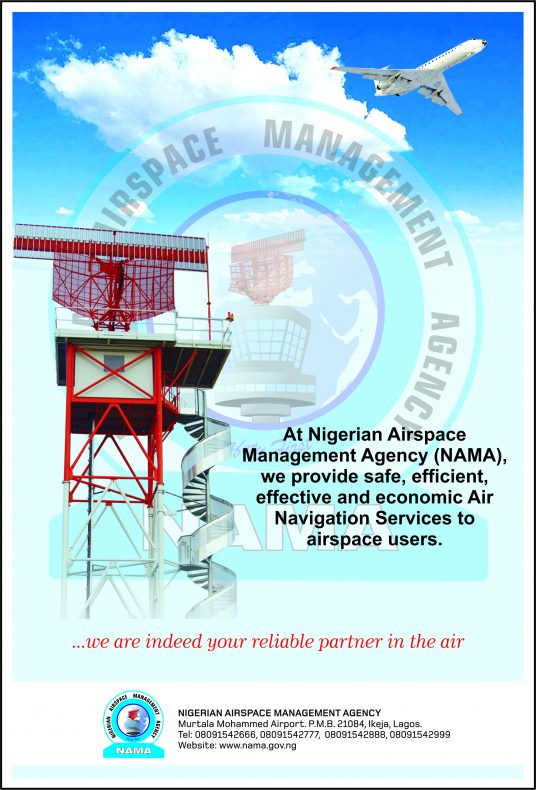
He stressed that terrorists now have time to plan, the resources to carry out complex attacks, and the willingness to die for their cause—making them one of aviation’s greatest threats.
BY ANTHONY OMOH
Former Director General Nigeria Civil Aviation Authority and President ICAO 37th General Assembly, Dr. Harold Olusegun Demuren, has sounded a strong warning. He stressed that terrorists now have time to plan, the resources to carry out complex attacks, and the willingness to die for their cause—making them one of aviation’s greatest threats.
Speaking on the nature of today’s aviation security challenges, Dr. Demuren said terrorists are well-funded and strategically prepared. They exploit global vulnerabilities with deadly precision. He added that aviation security operatives must not underestimate the edge this gives them.
He outlined multiple categories of threats to civil aviation. These include illegal entry, document fraud, human trafficking, and persons suspected to be terrorists. Weapons such as arms, ammunition, and explosives also remain common dangers. Furthermore, he highlighted smuggling of illicit drugs, stolen items, and hazardous goods as additional concerns.
According to him, traditional threats like homemade explosives and improvised explosive devices (IEDs) are still relevant. However, modern attacks now include person-borne and vehicle-borne IEDs. Some attacks occur even from a distance using remote methods, he stated. Small arms fire and chemical threats, including toxic agents, have further complicated aviation security.
Dr. Demuren also emphasized risks posed by the use of small aircraft in attacks. He said planes may even be used as weapons themselves. Attacks on terminals and perimeter breaches are rising. These point to the need for smarter, more coordinated countermeasures.
Particularly alarming, he said, is the risk of operating near conflict zones. “Aircraft flying over such areas face heightened exposure to armed conflict and anti-aircraft weapons,” he explained. He urged airlines and governments to conduct thorough risk assessments before operating in such regions.
He further explained that the International Civil Aviation Organization (ICAO) now supports this approach. ICAO provides updated guidelines and threat-assessment tools to help States restrict or close dangerous airspace when necessary. These actions, he said, can prevent deliberate or accidental targeting of civilian aircraft.
Another rapidly growing threat is cybersecurity. Dr. Demuren noted that aviation now depends heavily on digital platforms. “Cybersecurity must become a top priority,” he said. “Hacking and system sabotage can create havoc and must be prevented through proactive action.”
In his assessment, insider threats are among the most dangerous today. These threats arise from within aviation operations and personnel. In Nigeria, unemployment, greed, poor salaries, and ideological motivations have worsened the situation. “Unfortunately, those assigned to guard us sometimes become the weak link,” Dr. Demuren added.
He recommended clear countermeasures. These include constant profiling and background checks on aviation workers. Regular capacity building, better pay, and timely salary payments are also key. Most importantly, sensitive security information must be shared without delay among stakeholders.
Dr. Demuren called for stronger collaboration among security agencies. He emphasized that rivalry among stakeholders destroys the synergy needed to fight threats effectively. He listed agencies such as the regulator, FAAN AVSEC, NAF, NCS, NIS, NDLEA, NPF, and private security firms. “We need joint efforts, not division,” he said.
He also referenced ICAO’s recently updated Global Aviation Security Plan (GASeP). This plan encourages a risk-based approach, strong security culture, and new technologies. It promotes proper training and competence in personnel, and deeper cooperation across aviation networks.
In closing, Dr. Demuren reiterated that time to plan gives terrorists an upper hand. All aviation players must act now. “Security is everyone’s duty,” he concluded. “Ongoing training, vigilance, and information sharing must be our everyday commitment.”






















